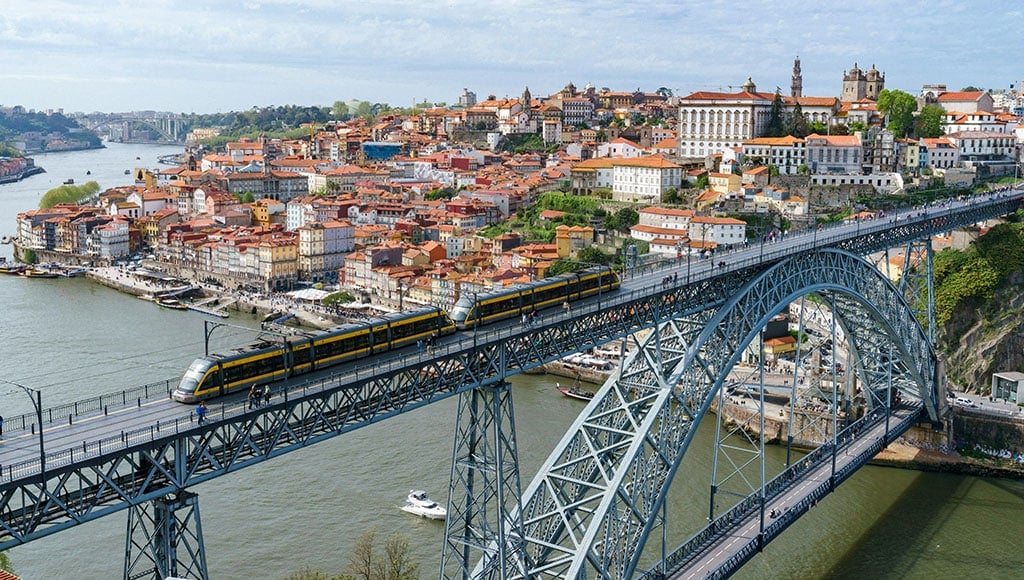Municipalities have been warned about ‘trivialisation’ of tourist taxes
No matter the warnings, Porto city council has approved “by a majority a change” to increase its €2 a night tourist tax to €3, throughout the city.
The amendment, discussed at the session held last night, received a favourable vote from the independent movement ‘Aqui Há Porto’, PS, BE, PAN and CHEGA, and abstentions only from CDU communists and two independent councillors.
The increase in the rate has been justified by the ‘expenditure associated with tourism borne by the municipality in 2023 in areas such as culture, heritage, the environment, energy, quality of life, town planning and mobility’.
In 2023, expenditure associated with tourism totalled around €15.5 million, which, divided by the 5.5 million overnight stays in the city, represents a cost of €2.81 per overnight stay, said the council.
For the CDU, Francisco Calheiros considered that some criteria in the Municipal Tourist Tax regulation could be improved – namely the exemption for young people up to the age of 16 (instead of the current age of 12) and in the context of school visits.
“The study points to various paths and could be taken into account in a future discussion,” he said, arguing that it is not the tax that “will bring balance to the problems that tourism causes in the city”, but “integrated policies”.
Councillors Rui Nóvoa, from BE, and Paulo Vieira de Castro, from PAN, also pointed out that the municipality “could and should” broaden the range of situations in which the amount of the tax to be charged could vary and apply “another type of categorisation”, such as differentiating the amount according to the classification of hotels.
For the independent movement, Nuno Caiano emphasised that the Constitution “does not allow for differentiation” in the amount of the tax to be applied, but argued that it would make sense to “think about a VAT on tourism” even though this is “not within the reach of the city council”…
All in all, it was clear from last night’s vote that councils are not ‘listening’ to warnings by hoteliers who see municipal zeal to continually increase charges on people who visit their towns and cities as a trifle short-sighted.
Expressing concern at the “trivialisation of tourist taxes”, President of the Hotel Association of Portugal (AHP) Bernardo Trindade, suggested they may have not been sufficiently debated, and could end up sending “the wrong signal” to people who, in the final analysis, are “fundamental to the good performance of the country’s economy”.
Lisbon too has hiked its tourist tax up from €2 a night, to €4 – so Porto’s decision, although ‘hefty’ is not in the same ballpark.
Source material: LUSA




















